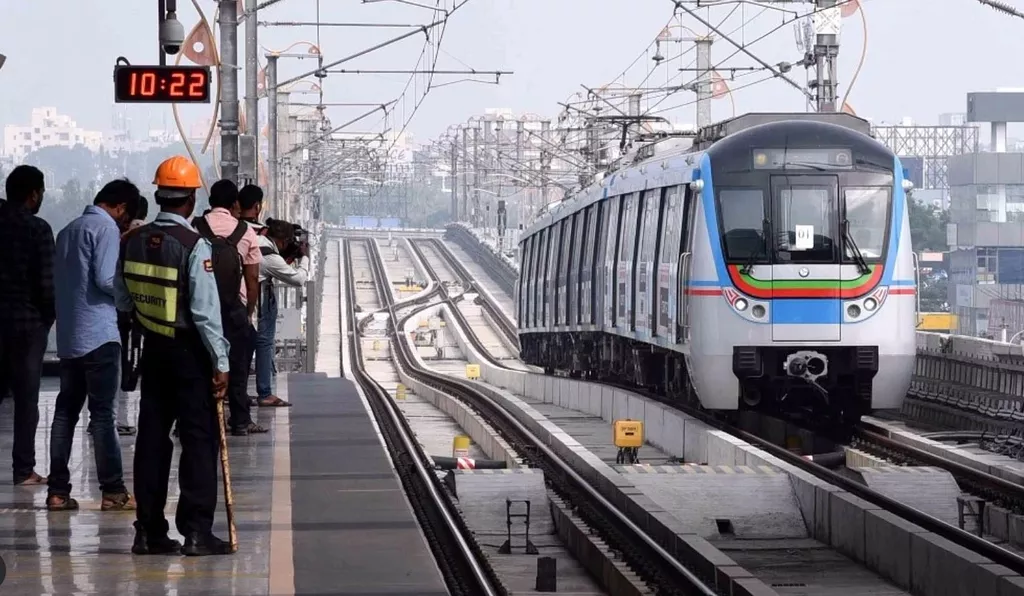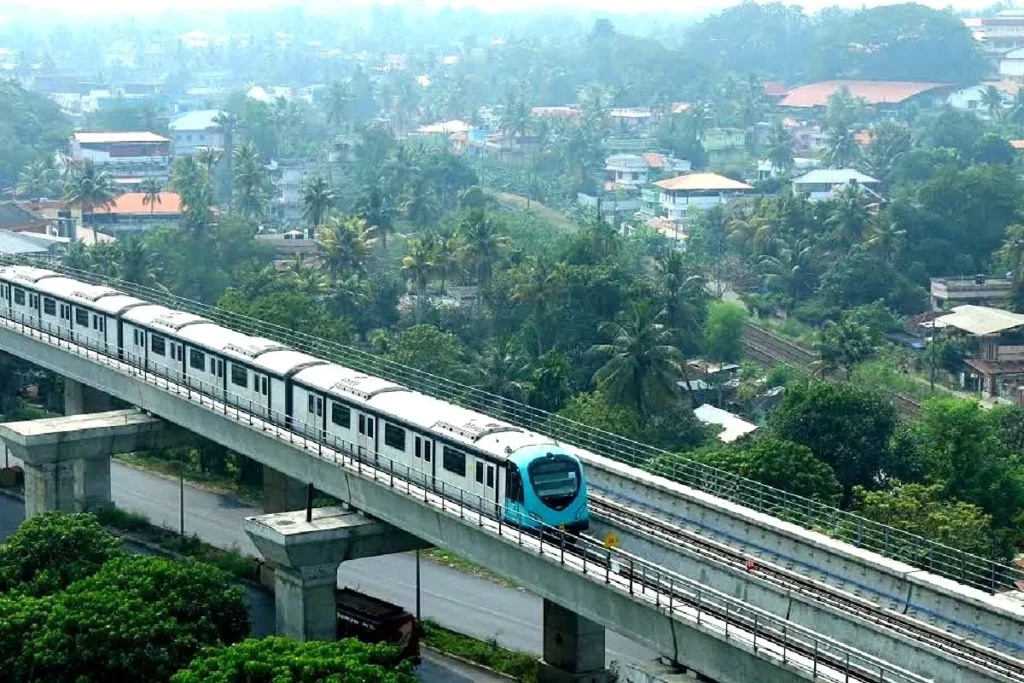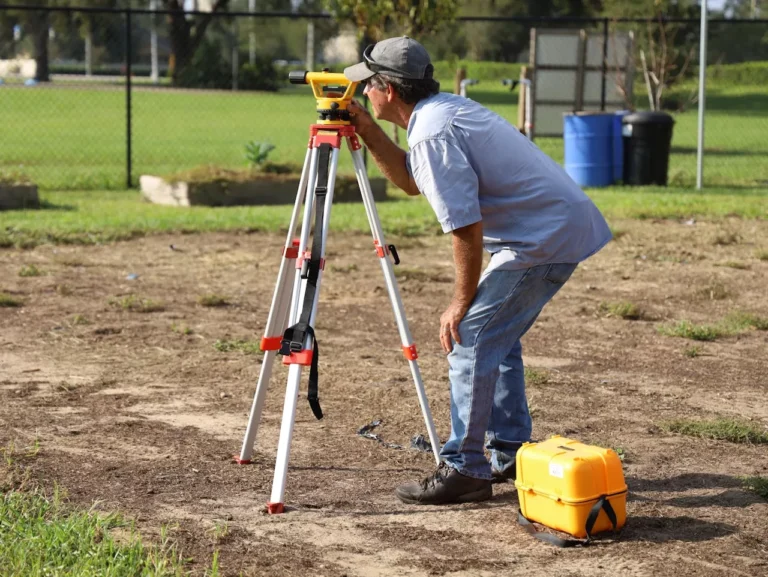
Chinese Firm Breaks Ground on Its First Metro Project in Algeria
A historic groundbreaking ceremony took place on July 15 in Algiers to officially launch the construction of a major extension to Metro Line 1—the city’s primary underground transit line. This event not only marked the beginning of a transformative infrastructure project for the Algerian capital, but it also signified a significant milestone for Chinese engineering and international cooperation. The project is the first-ever subway initiative in Algeria where a Chinese enterprise, acting as the general contractor, leads the development effort.
The ambitious metro extension spans 9.575 kilometers and will include the construction of nine new underground stations. Once completed, the new segment will connect downtown El Harrach, a densely populated urban area, with Houari Boumediene International Airport—the country’s largest air transport hub. The connection is expected to provide a seamless transit route from the city’s core to the airport, dramatically improving travel convenience for both daily commuters and international travelers.
This landmark initiative is owned by Algeria’s national metro company and will be delivered through a joint venture between China Railway Construction Corporation (CRCC), one of China’s largest state-owned infrastructure giants, and several local Algerian state enterprises. The collaboration underscores a broader trend of strategic partnerships aimed at advancing urban mobility solutions across Africa, while deepening ties between Chinese engineering firms and regional development agencies.
A Strategic Expansion of Algiers’ Metro Network
The Line 1 extension is more than just a transportation project—it is a foundational component of Algeria’s long-term urban infrastructure plan. The current metro system, which first began operation in 2011, serves as a crucial artery for daily transportation in Algiers. However, with the city’s growing population and increasingly complex mobility demands, the government has prioritized the expansion of public transport systems to reduce dependence on personal vehicles and alleviate road congestion.
By adding nine underground stations and extending the rail line toward the airport, the project will integrate a broader swath of the city into the metro network. Key areas that will benefit from the extension include major residential zones, educational institutions such as university campuses, administrative and commercial centers, and transport nodes. As a result, the metro will become a unifying transit solution that links diverse regions of the city and offers a reliable, safe, and sustainable alternative to road traffic.
The new stations are also expected to stimulate economic activity in adjacent neighborhoods. Improved accessibility generally results in higher foot traffic and greater demand for services, providing a boost to small businesses and increasing property values. Furthermore, the integration of an efficient airport link is anticipated to bolster tourism and business travel, both of which are vital to Algeria’s broader economic diversification efforts.
Scope of Construction and Technological Integration
The scope of the project is extensive and encompasses multiple advanced construction and engineering disciplines. These include the installation of underground tracks, the construction of escalators and elevators to meet accessibility standards, and the application of finishing works across all new stations. The system integration component involves incorporating signaling, power supply, communication, ventilation, and safety systems to ensure world-class performance and passenger safety.
CRCC, leveraging its extensive global experience in metro infrastructure, will lead the technical execution of the project. The company is renowned for its ability to manage complex urban tunneling operations, deploy cutting-edge tunneling boring machines (TBMs), and adhere to strict environmental and safety standards. It will work in close cooperation with Algerian engineering and labor teams, bringing international best practices and local insights together to ensure the project meets its timeline and quality targets.

This collaboration also involves knowledge transfer and capacity building, as Chinese engineers will train Algerian personnel in the latest metro construction techniques and project management methods. The joint venture reflects a growing model of sustainable cooperation, where infrastructure projects not only deliver physical assets but also create long-term benefits through human capital development.
Transforming Mobility, Easing Congestion
Urban mobility in Algiers, as in many fast-growing capitals, is burdened by mounting traffic congestion, especially during peak hours. Private car usage is high, and surface transport networks often become overburdened, resulting in lengthy travel times and increased environmental impact due to vehicle emissions. The metro extension seeks to directly address these challenges by offering a viable, efficient, and low-emission transport alternative.
Once operational, the extended metro line will serve thousands of commuters daily. The increased capacity will reduce travel time significantly, particularly for those commuting between residential districts and employment centers. With direct access to the airport, the metro also offers an invaluable option for tourists and business travelers who otherwise face unpredictable road conditions.
From a sustainability perspective, metro systems represent one of the most environmentally friendly forms of mass transport. Reduced reliance on cars will lead to lower greenhouse gas emissions, improved air quality, and quieter urban environments. These environmental co-benefits align with Algeria’s broader climate goals and commitments under global frameworks such as the Paris Agreement.
A Symbol of Sino-Algerian Cooperation
The launch of this metro project is also a symbol of the deepening economic and diplomatic ties between China and Algeria. For CRCC and other Chinese infrastructure companies, the project represents an opportunity to demonstrate technical expertise, project reliability, and cultural adaptability in overseas markets. China has already played a significant role in Africa’s infrastructure development over the past two decades, with projects ranging from railways and highways to ports and energy systems.
In the case of Algeria, this partnership strengthens bilateral cooperation in both technology and public infrastructure. It sets a precedent for future collaboration in transport, construction, and urban planning. As Algeria continues to modernize its cities and diversify its economy away from hydrocarbons, such international collaborations will be vital to achieving its strategic development objectives.
Metro as a Driver of Urban Transformation
The Algiers Metro Line 1 extension is expected to be completed in several phases over the coming years, with initial works focused on tunneling, station excavation, and utility relocations. Once fully operational, the system is anticipated to dramatically reshape how people navigate the city, promoting a shift toward public transportation as the default mode of urban travel.
Moreover, the project has implications beyond transport alone. By improving connectivity, it supports social inclusion, giving more residents—especially those in underserved neighborhoods—equitable access to education, employment, and services. It also contributes to national pride, symbolizing technological progress and an investment in a more modern and resilient future.
In conclusion, the groundbreaking of the Algiers Metro Line 1 extension is not just the start of a construction project—it is the beginning of a new chapter in urban development for Algeria, one built on strategic partnerships, sustainable growth, and shared knowledge. As the first Chinese-led metro initiative in the country, it serves as a powerful example of what can be achieved when nations collaborate to build infrastructure that improves lives, connects communities, and drives prosperity.




